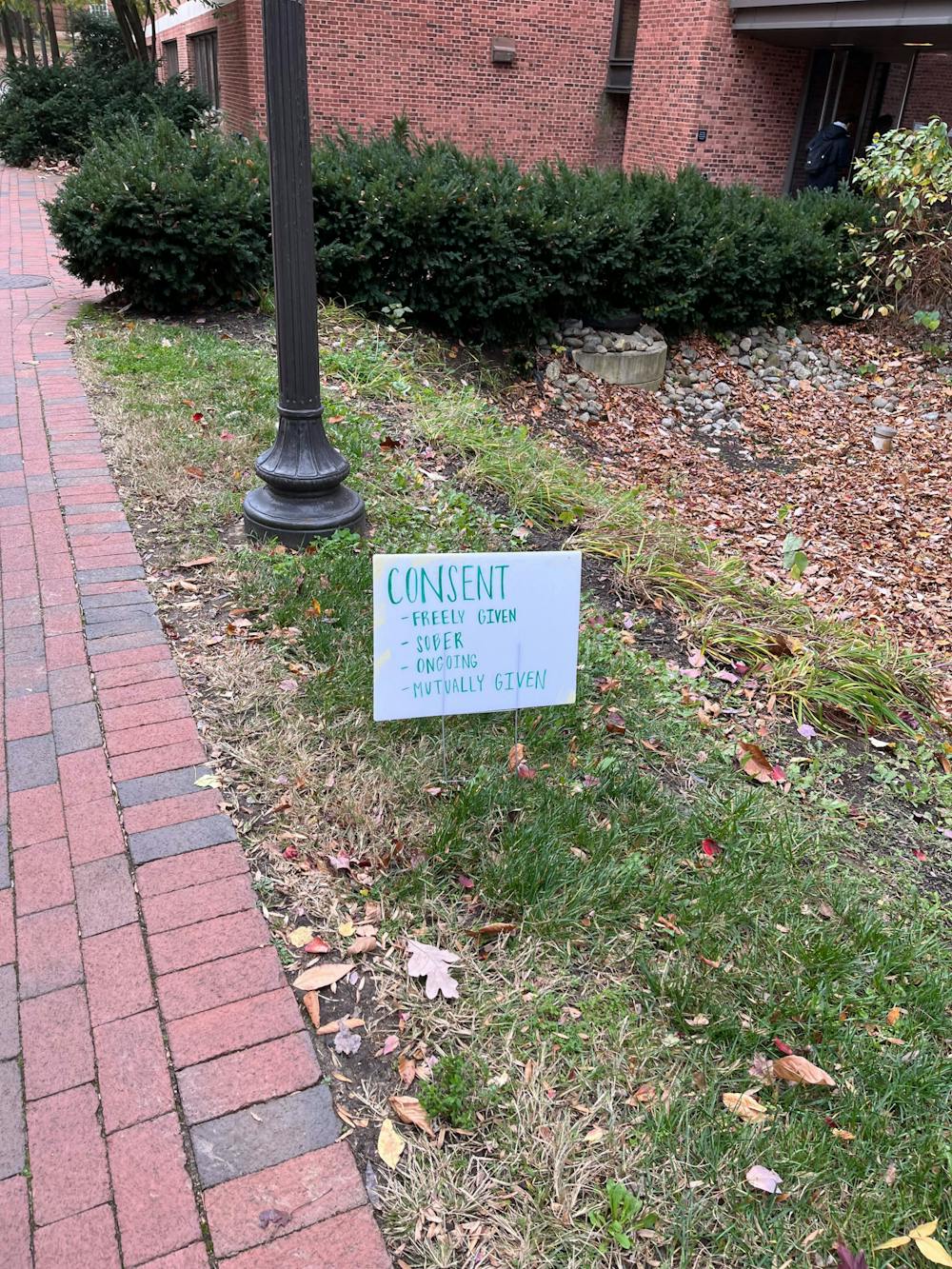Here is a point of view:
You’re a woman — an excessively nice one — and you’re trying to shake off this excess because you’re scared of who you’ve become.
You’re frustrated because you wonder if you can actually trust your voice when you’re conditioned to be polite and passive, accommodating and yielding, when you’re taught to give rather than receive.
You don’t understand why you feel so compelled to be nice that you sacrifice bits and pieces of yourself to appease those who aren’t afraid to take. And boy, do they take.
You thought you needed this one thing — niceness — to feel complete and human, but this habit has only made you a plaything in someone else’s game.
You need a cure for this excessively-nice-girl pathology. So you...
1. Give yourself permission to prioritize yourself.
You wake up at 6 a.m. to run, because cardio is supposed to release endorphins, and endorphins are supposed to make you happy. You want to be content with who you are as a woman — an excessively nice one — so you run and run and run.
You do so much cardio that your knees hurt, your ankles ache and your lungs burn. But no matter how much your body burns, you still can’t slough off your excess kindness. You realize this might be an excess that won’t burn away so easily.
So you decide to...
2. Set clear and healthy boundaries for yourself.
Because when you tell your therapist about your nice-girl trauma, you’re forced to recount the times your boundaries have been trespassed.
You talk about your self-justifying ex, Mr. Seattle, who may have had a successful internship at Amazon but has failed an introductory course on “Respecting Women 101.” You can’t stop thinking about his big, greedy hands forcing themselves on you and how your civility kept you from saying, “Sir, back off.” You were so nice that rather than fight, you took flight, and you watched a part of you retreat to a dark and remote place.
You remember Mr. Pavlov, a long-limbed, long-haired man, who made unsolicited remarks about your “hourglass body,” who said you had a “nice body to cuddle with,” who, in a prison-like dorm room, forcibly grabbed your hand and interlocked your fingers with his.
You notice a pattern: Those who don’t understand — or simply don’t respect — your boundaries, who don’t understand that your body is yours and in no way theirs. Never theirs.
Your passivity isn’t a gift. It has nothing to do with politeness and everything to do with self-minimization. You don’t have much, but you obey as though it’s all you have worth giving. You’re so afraid of standing up for yourself that your niceness becomes pathological, compulsive and suffocating.
Slowly, you learn that in order to avoid being too nice, you must...
3. Stop engaging with people who don’t respect you.
So you try. You cut ties with Mr. Seattle and Mr. Pavlov because you won’t make excuses for them. You’ll only hold space for those who actually respect you as a person.
But the weight of trauma is heavy like thunderclouds over your head.
You rage against the world at the ways you’re taught that silence is tantamount to politeness. But you suppress your blood-boiling, vessel-rupturing anger because anger isn’t polite. Anger isn’t womanly.
You become accustomed to silence — so much so that when you’re pushed to your breaking point, when you finally scream at the world, you don’t recognize your voice. And when the dust clears, you go back to being excessively nice.
When you walk on campus and see lawn signs that teach the meaning of consent, you feel more alone than ever. You want to cry because you’re reminded of Mr. Seattle and Mr. Pavlov. You wish someone told you this before. That saying no isn’t impolite. Refusing unwanted advances isn’t rude. Swallowing your discomfort to please others isn’t oafish or tactless.
You do what you can do. You tell yourself that you can still be nice without being excessively nice. You educate yourself about consent. You’re learning about your boundaries and being respectful of others’ as well.
And you write.
You write for the people who have had their boundaries violated, their wishes overridden. You write to regain your agency, to tell yourself that your voice is permanent. You may have lost fragments of yourself, but you’re still valuable. You’re still whole and complete because your worth isn’t defined by what is taken from you, by the very questionable company you’ve kept.
You realize your glow-up is a look in the mirror, an acknowledgment of who you are and the realization that you...
... are you...
... are You.





